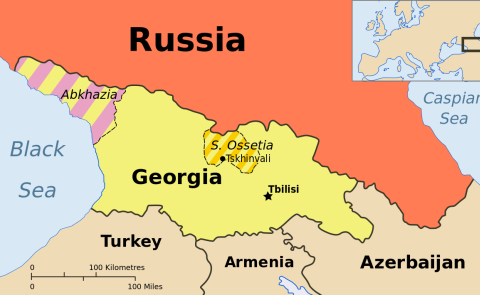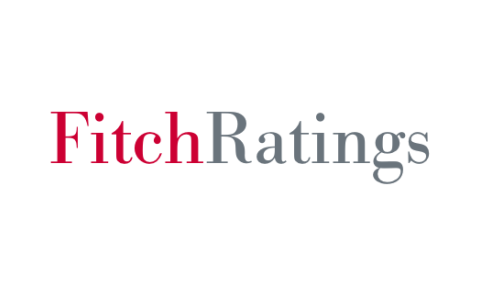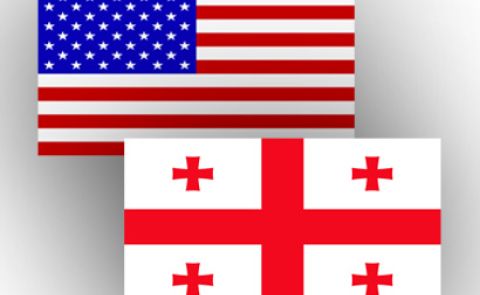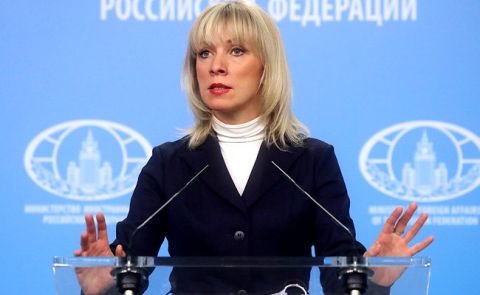
Armenian Exporters Adapt to EU Tariffs After GSP+ Exit

In January 2022, Armenia exited the European Union's Generalized Scheme of Preferences Plus (GSP+), a program that provided tariff-free access for over two-thirds of exports from eligible developing countries. Armenia became ineligible for the program after the World Bank classified it as an "upper-middle-income" nation in 2017, surpassing the threshold for GSP+ eligibility.
The loss of GSP+ privileges negatively affected Armenian exports to the EU. Exporters now face customs tariffs, increasing the cost of Armenian products and reducing their competitiveness.
Recognizing these economic challenges, the Armenian government introduced support measures to enhance the competitiveness of Armenian products in the European market. The Ministry of Economy developed legislation to compensate businesses for customs tariffs paid in EU countries.
The first phase of this initiative focuses on targeted sectors, particularly process manufacturing. The bill aims to mitigate the financial burden of tariffs, diversify exports, and ensure Armenian products remain in international markets. By offering compensation, the government hopes to stabilize export performance, sustain manufacturing growth, and maintain the global competitiveness of Armenian goods.
See Also


Russia Races Ahead with Air Traffic with Separatist Abkhazia

Fitch Ratings: "Azerbaijani Banks Maintain Strong Liquidity Amid Trade-Related Uncertainty"

Georgian Official: "Georgian Government and New US Administration Have Full Alignment on Major Issues"

Zakharova Questions EU’s Future and Emphasizes Russia-Georgia Cooperation Amid EU Accession Talks

